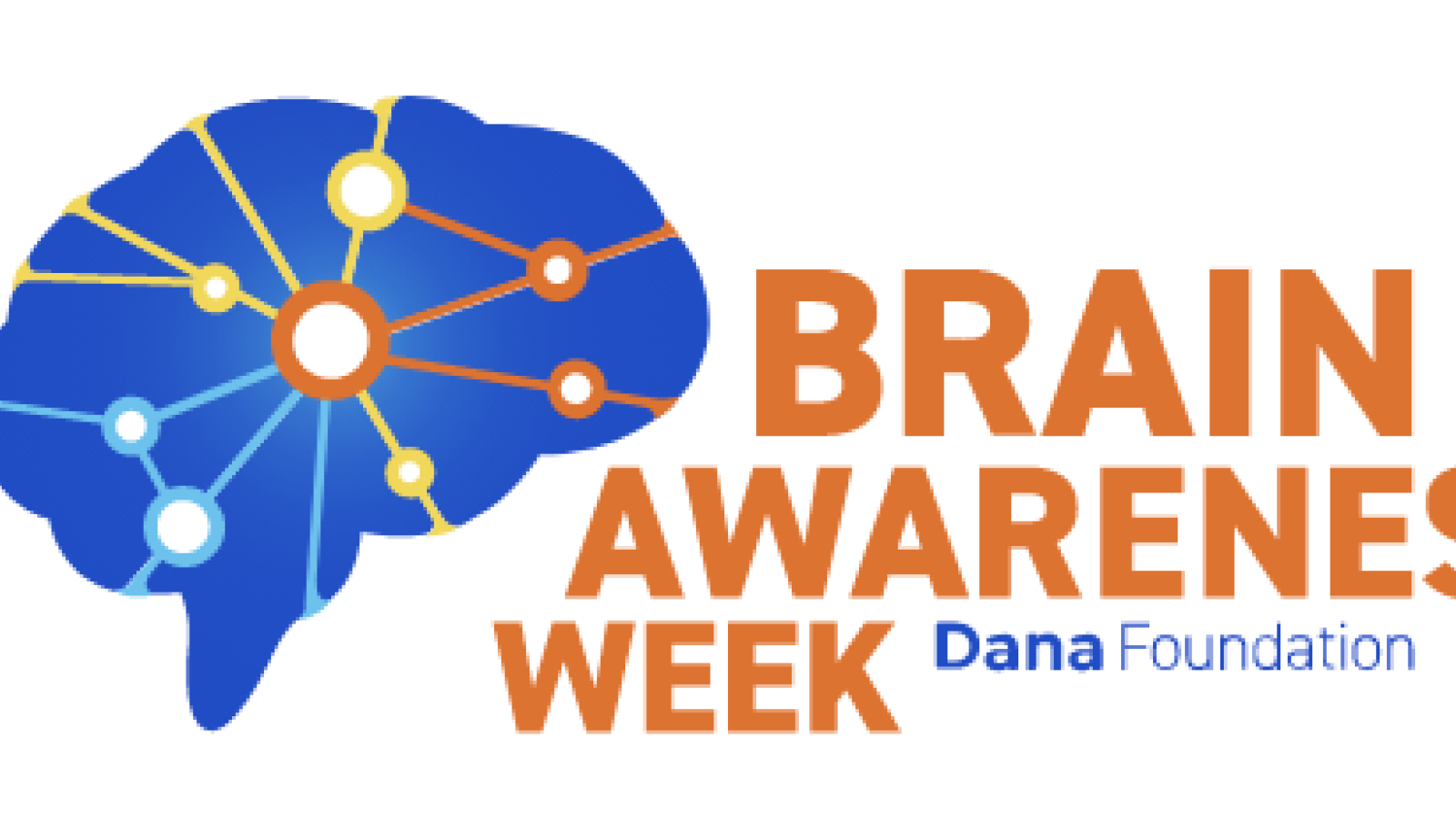As we continue to celebrate this year’s Brain Awareness Week, Mark Heffernan (UK DRI) and Joseph Clift (BNA) look back on what has been a challenging year for researchers, and highlight opportunities for more support.
Brain Awareness Week is an opportunity to recognise the extraordinary efforts of brain researchers across the world, and the progress they continue to make in neuroscientific discovery. Those celebrations will continue at the Festival of Neuroscience this April, for which the BNA and UK DRI are partnering.
But as we rightly mark our successes, we must also pause to recognise the impacts of a year dominated by Covid-19. No part of society has been left untouched by the pandemic, and that includes those of us in neuroscience. It is a year ago next week that the UK went into its first lockdown, and for many researchers the period since then has been characterised by disruption and concern for the future.
Challenges to researchers
The BNA’s survey of neuroscientists last summer made for stark reading. 88% of respondents had seen a negative impact on their research from that initial lockdown, with 80% pointing to concerns that research will be hindered by insufficient funding. Nearly a third were reconsidering their futures in neuroscience research as a result.
With a gloomy economic outlook, and no additional support announced in the recent Budget, uncertainty threatens to remain. And these pressures come at a time when research is needed more than ever. The impacts of Covid, and in particular ‘long Covid’, on the brain are only beginning to be understood, and evidence of short and long-term complications arising from the disease continues to mount.
We must ensure that the research sector remains strong enough to face the challenges posed by Covid, and protect the momentum of recent years into further understanding the brain. That means a thriving and confident community of researchers, assured of funding opportunities for years to come.
Of neuroscientists fear their research will be hindered by insufficient funding post-Covid
We are saying with one voice to policymakers that continued progress cannot be taken for granted
The case for more support
Still, there is hope that the next year will be more positive for the sector. The UK Government prioritised dementia in its 2019 General Election manifesto, with a pledge to double annual research spend to £160m. Confirmed UK participation in the EU’s Horizon Europe programme will ensure valuable UK-EU collaboration on neuroscience can continue. Likewise, the continued focus on science and research as drivers of the UK economy, particularly post-Covid, points to a hopeful future for neuroscience – so long as these ambitions are delivered upon.
The Comprehensive Spending Review, expected in Autumn 2021, must be seen as a critical juncture to provide this UK-wide support. And Scottish and Welsh elections this year also offer opportunities to ensure a prioritisation of neuroscience and research across the devolved nations. Our organisations will continue to make the case to policymakers across the UK that increased support now will yield societal and economic benefits into the future.
The BNA and the UK DRI are joining forces this Brain Awareness Week to celebrate the brilliant neuroscience which is happening here and around the world. But we are also saying with one voice to policymakers that continued progress cannot be taken for granted. After a turbulent and challenging year, we look forward with joint resolve and optimism to a brighter, more positive future for neuroscience.
Brain Awareness Week is March 15-21 2021
Article published: 18 March 2021
